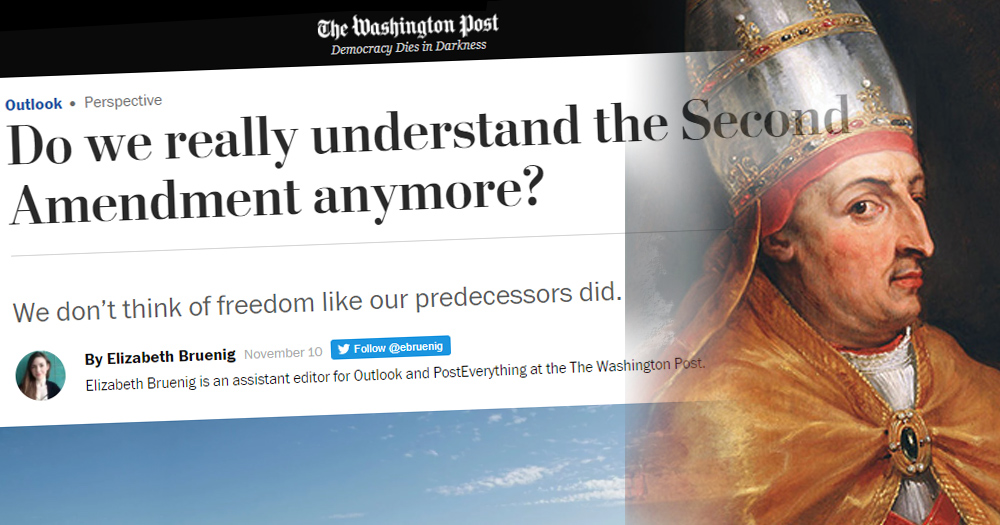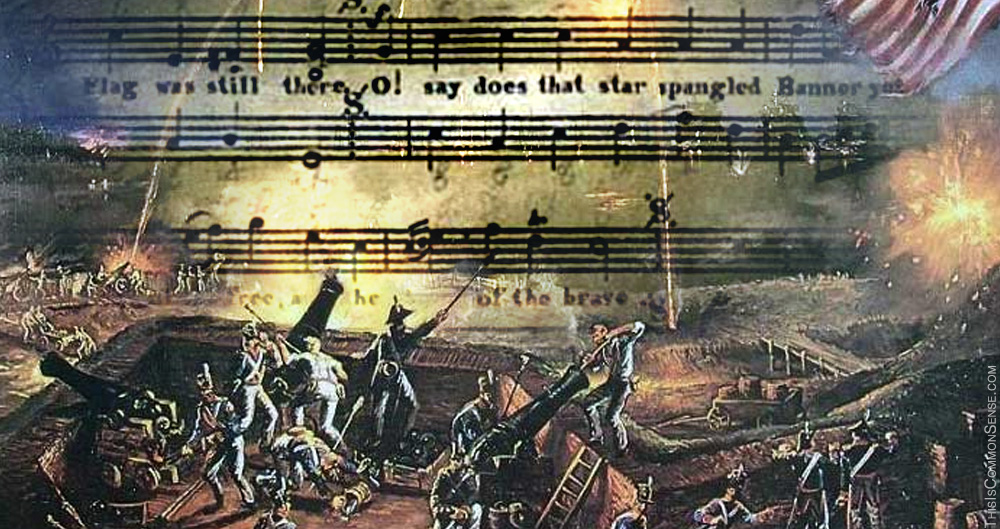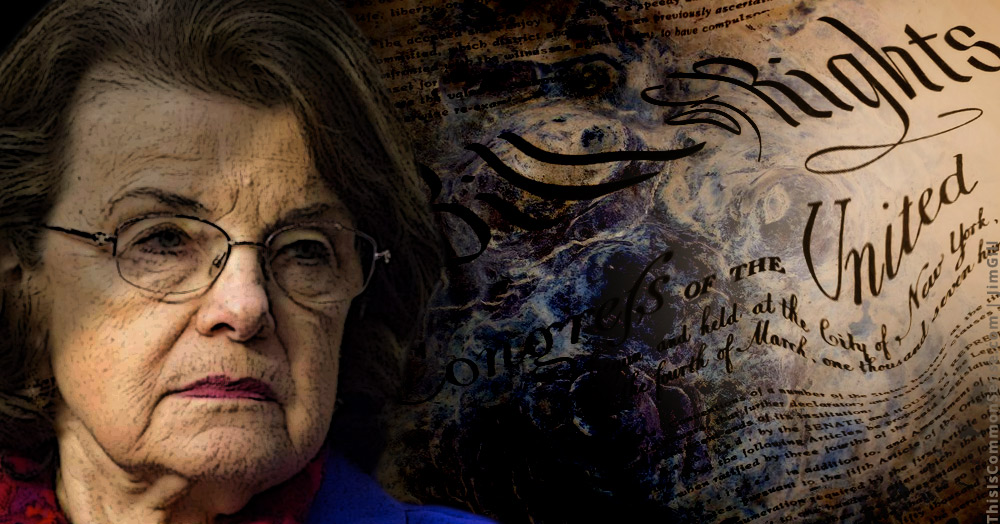Politicians regularly argue for new “gun control” laws, even while ignoring the execution and enforcement of laws already on the books.
Exhibit A, as I wrote at Townhall.com yesterday, is the failure of the military to provide the FBI with the information that would have blocked the Sutherland Springs church shooter from getting his guns.
Meanwhile, in the Washington Post’s Outlook section, Elizabeth Bruenig takes a more … philosophical perspective. She contends that “Western thought moved from seeing freedom as a means to an end — what philosophers call ‘the good’ — to seeing freedom as an end in itself. Thanks to our liberal heritage, we regard freedom as an intrinsic good, perhaps the highest one of all. The more of it we can get, the better off we are. Right?”
Right!
But Bruenig’s answer isn’t in the affirmative.
Instead, she points to Vatican elections during the Middle Ages in which “canon law enshrined the right of eligible individuals to cast their votes. But their choices … could simply be overturned [by church officials]. Freedom mattered, in other words, but was always subordinate to the highest good, which could sometimes place limits on liberty.”
Ah, the Post advises us to embrace the Middle Ages … just so our freedom doesn’t get out-of-hand.
Bruenig also thinks that “we largely lack the framework to ask what gun ownership is for.…”
Huh? The Second Amendment answers that gun ownership is “necessary to the security of a free state.”
In terms of both scholarship and insight, the Founders’ constitutionalism far outshines the Post’s shiny new neo-medievalism.
This is Common Sense. I’m Paul Jacob.











